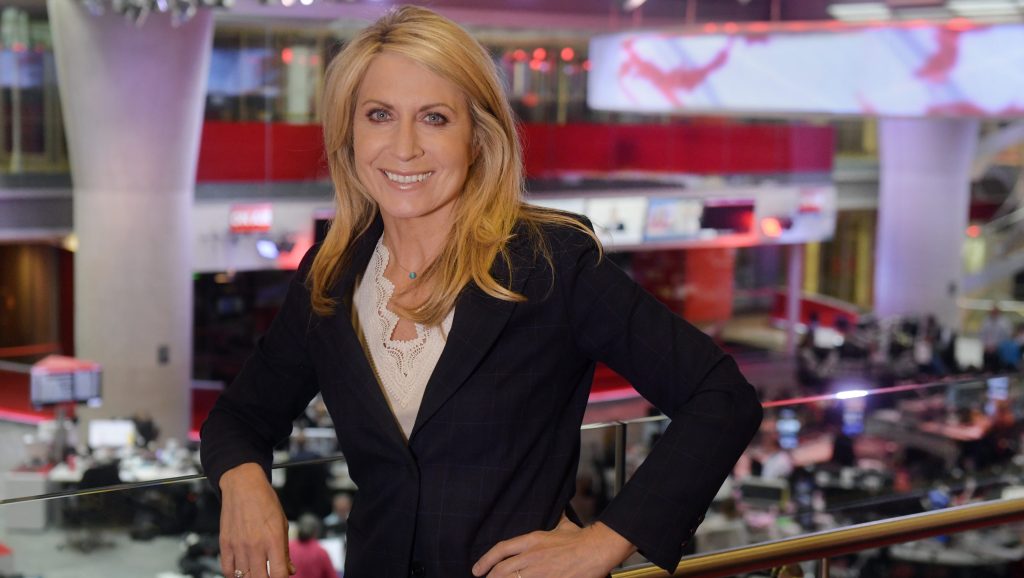EXCLUSIVE: A handful of seasoned BBC News journalists have complained that they are the victims of ageism as they face compulsory redundancy under plans to merge the corporation’s Home and Foreign newsdesks.
Several sources told Deadline that four senior journalists have lodged separate, but coordinated, age discrimination complaints after being shown the door. The BBC does not comment on individual employment matters, but said its redundancy processes are “thorough and fair.”
The layoffs are part of savings plans announced by BBC News last October. The division said it would cut 130 roles and cancel interview series HARDtalk as part of BBC-wide efforts to save £700M ($943M). BBC News CEO Deborah Turness acknowledged at the time that the changes were “not easy.”
The aggrieved employees are all over the age of 50 and are thought to have more than 100 years of experience between them, including warzone reporting and coordinating output on major events, including terror attacks. They have raised an internal grievance as a first step in pursuing an employment tribunal against the BBC. A fifth employee is also at risk, but is not thought to have raised a grievance.
The journalists were invited to apply for new roles on the merged newsdesk, going through a recruitment process that sources alleged was weighted in favor of less experienced candidates. Insiders said those involved were encouraged to focus on their experience from the past two years, rather than reflect on their body of work for the corporation.
There is a view that younger journalists have been successful in being redeployed into new roles, despite not having the required experience. “The whole thing stinks,” said a person familiar with the process. Another added: “They’re trying to employ people on the cheap.”
A third person said the continued “brain drain” in the BBC newsroom would lead to mistakes on air, adding that the closure of a standalone Foreign news desk potentially created more risk for staffers stationed overseas.
Sources claimed that interviews for the merged newsdesk were designed in such a way that if journalists did not mention specific keywords, such as “digital” or “live page,” they were marked down. The process was mocked as an “absurd” bit of BBC box-ticking.
Multiple sources said one of the individuals facing redundancy is a National Union of Journalists (NUJ) representative. This person is thought to have raised separate concerns about victimization because of their association with the union.
Compulsory redundancies are a red line for the NUJ. Paul Siegert, the union’s broadcasting organizer, told Deadline: “It is NUJ policy to ballot our BBC union members for strike action if any member at the BBC is facing compulsory redundancy. We always hope it doesn’t come to that and work hard with the BBC to find redeployment opportunities for any member facing redundancy.”
A BBC spokesperson said: “Like all parts of the BBC, News needs to contribute to the savings announced last year. While we do not comment on individual staff issues, restructuring in BBC News is taking place according to established BBC policies; we conduct all processes in a thorough and fair manner, and we are committed to supporting our staff throughout, including through comprehensive redeployment assistance.”
The age discrimination complaint follows similar concerns being raised by a group of BBC News presenters as part of an employment tribunal last year. Martine Croxall, Karin Giannone, Kasia Madera, and Annita McVeigh settled their three-year dispute in March. The terms of the settlement were not disclosed.
The post BBC News Journalists Lodge Ageism Complaint As They Face Being Fired Under Newsdesk Merger appeared first on Deadline.




